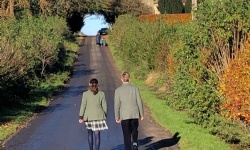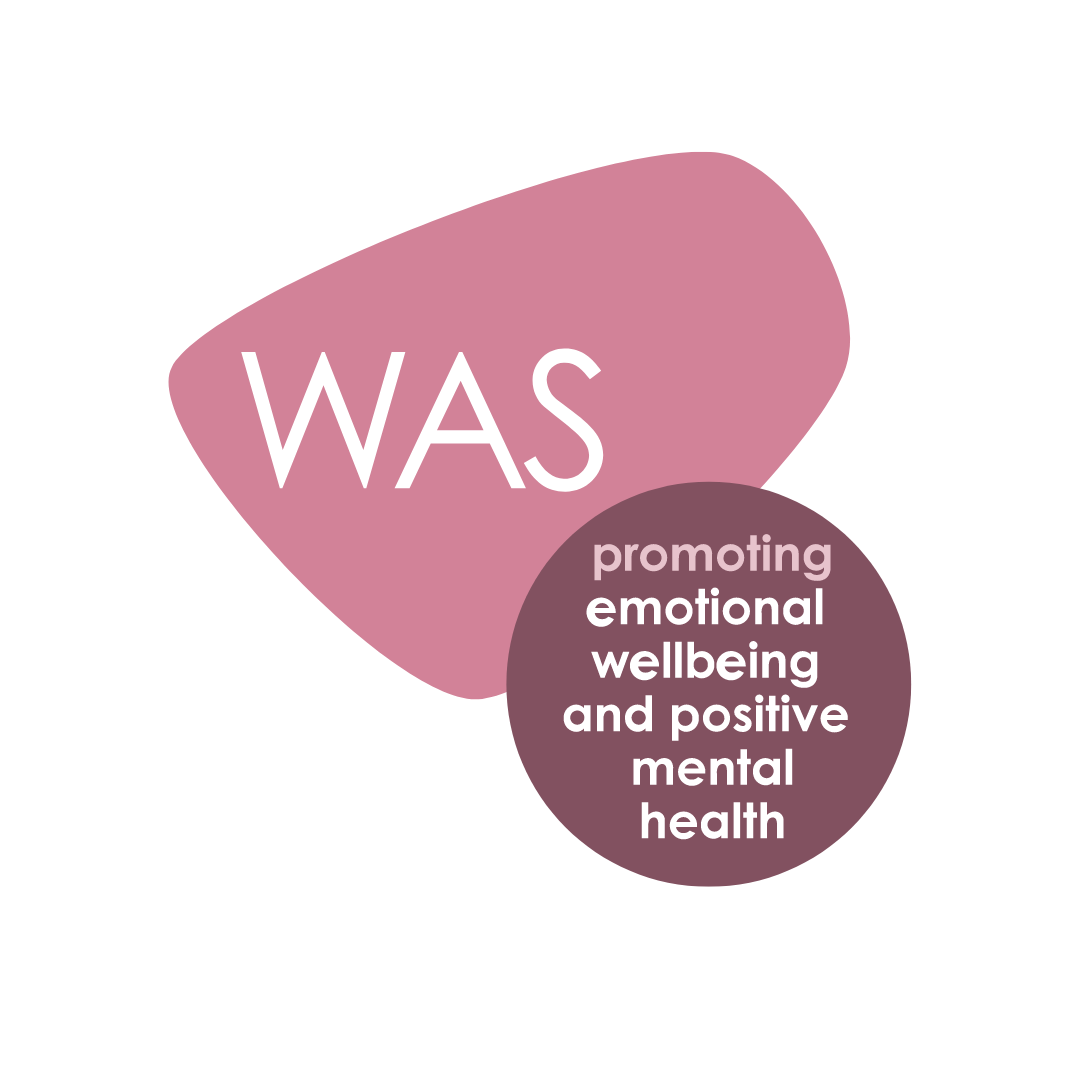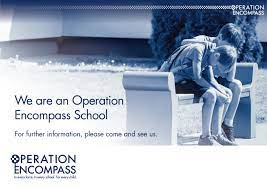Mowden - building character and resilience

Mowden - building character and resilience
“Be careful of your thoughts, for your thoughts become your words. Be careful of your words, for your words become your actions. Be careful of your actions, for your actions become your habits. Be careful of your habits, for your habits become your character. Be careful of your character, for your character becomes your destiny.” Ancient Chinese philosopher, Lao Tzu.
I recently attended ‘The Vision, Values and Character Conference’, led by Dr Phil Cummins. He purported that the explicit teaching of ‘character’ is absolutely critical in our schools and if we were better at doing this, then the global outcomes of our pupils would be significantly enhanced. I could not agree more. Loyalty, integrity, good humour, perseverance and optimism are all qualities that will go a long way in allowing an individual to meet the challenges of life in its widest possible sense. The development of an explicit, well considered and progressive curriculum of character is surely therefore something that we should place close to the centre of our educational framework. However, more often than not, it is a well appreciated by-product of everything else we do in school: matches, drama, art, history, woodwork, rewards and sanctions, mealtimes and so on. In the post-covid reality that schools are now facing I also believe there is a character deficit that our pupils are struggling to fill - on a wider anecdotal level, it would appear resilience and determination have taken a hit, thanks to the various lockdowns. This is certainly something we are seeing reflected in pupil attitudinal data from GL Assessment.
“Character is the reason why we do school; it’s the work of a school.” Dr Cummins
Having interviewed people for various different roles at school and industry, it genuinely is not a person’s qualification that often gets them the job, unless the qualifications are a defining necessity of a given role. No, it’s not the ‘A’ at GCSE mathematics that we seek out as employers; it is someone’s character. Are they hardworking? Do they have integrity? Do they work as part of a team effectively? Are they independent thinkers? Can I trust this person? I suspect in the world of tomorrow, this emphasis upon ‘good character’ may be more important than ever. If this is the case, why aren’t schools taking this more seriously and actively developing this distinctive aspect of education? It’s a school’s job to educate the people we need for the future. As we stand on the precipice of a global ecological crisis, I suspect we will need people who bring new thinking to the table and can innovate in a morally consistent manner. Dr Cummins certainly believed this and stressed the need for meaningful and authentic values, which could transform and sustain change for life. He stressed the importance of giving service to others and to build relationships. People are at the very centre of all of this, and that cannot be a negative thing.
“Taking the big step forward and up to meet the challenges of a 21st century education requires us to go beyond the transmission of content. We need to help people to grow, to transform from who they are now into what they might become: to become the best versions of themselves.” Dr Cummins
Here at Mowden we have a dedicated Character Committee whose sole purpose is to develop this already potent strength so that we can gain accreditation, via ACE (Association for Character Education) as a regional hub for excellence in character education. I think the key is to do something active, and not just hope the traditional curriculum will build the character you hope to develop. A deliberate, targeted and intentional focus on character education will have a significantly positive impact.
So, for example, how do we develop resilience here at Mowden?
We work in partnership with our parents and we share a vision. A growing phenomenon in other settings post-covid is ‘snowplough parenting’, where obstacles are literally removed from a child’s path. This is sometimes confused with helicopter parenting, but the difference is that helicopter parenting jumps in to rescue their child at the first sign of danger, whereas a snowplough parent anticipates and removes any barriers or discomforts before their child has a chance to encounter them. Snowplough parenting prevents a child from problem-solving, building resiliency, and developing confidence in managing interpersonal conflict. These can make it difficult for a child to navigate independently of a parent in the short term, but it can also have long-term effects such as higher stress levels then peers, increased risk for anxiety disorders, making poor coping choices, and even potentially developing narcissism. Here at Mowden we celebrate the idea of overcoming barriers yourself. So, how do we do this?
Assemblies - there is a strong whole school approach to strategic risk taking and problems and how we deal with them. Mowdenian’s take responsibility for themselves and others, and have a can-do approach to life’s ups and downs. For example, our Deputy Head meets with senior pupils every week to discuss how we can make Mowden a better place and how we can support our community. The onus is then placed on the pupils to find solutions. In this sense, we, as a whole school, look to build character and resilience.
We have a huge extra-curricular programme of activities that allows our pupils to take risks and experience both success and failure.
Take karate, for example. It develops self-confidence, discipline, decision making, respect and focus. Additionally, it also develops social skills. Throughout their lives, children will find themselves in unfamiliar environments among people they don’t know. Therefore, taking part in martial arts training as part of a group prepares them for this challenge. The earlier they can adjust to new surroundings, the easier it will become for them to interact with others. Not only will children learn about teamwork through practising martial arts, they will discover the true value of friendship. They will also develop communication skills, which can be difficult for children who are naturally shy or have behavioural problems.
We also run a Warhammer Club which also develops a huge range of skills. Critical thinking: winning games of Warhammer requires a good strategy. What is the most important objective? Where can I move to maximise my chances of success? Questions like these are a great way to help young people practise independent critical thinking which in turn builds resilience. Reading skills: independent reading is critical to children’s development and education. Warhammer’s wide range allows young people to choose stories they love and to take a proactive approach to reading - again, this builds character and allows children to take on challenges for themselves.
Academic lessons are critical to developing resilience. Maintaining a zone of proximal development (ZPD) allows children to experience failure and feel where their boundaries are. They then consider the next steps via the emphasis on self-assessment and metacognitive reflection. These are all key strands of ‘Assessment for Learning’, which is something we, as a staff body, embed within our pedagogy and planning.
If you were to ask a pupil about how we develop character, confidence and resilience, the first thing they would mention is sport and games. There’s plenty of evidence that taking part in physical activity can have a profound and positive impact on mental wellbeing. Being physically active can improve mood, decrease the chance of depression and anxiety and lead to a better and more balanced lifestyle. Physical activity also has a big impact on our self-esteem – that’s how we feel about ourselves and our perceived self-worth. This is the foundation of personal resilience. Winning and losing is part and parcel of competitive sport. This helps to build resilience as they need to problem-solve to succeed: children learn harder lessons from failure. Resilience is a quality that extends into all areas of life; from not getting a job, to dealing with relationship woes. Thus, learning to build a ‘thicker skin’ from a young age will have significant benefits throughout life.
A huge proportion of our pupils and staff play music. Learning to play an instrument encourages a growth mindset and our ability to be resilient. It's not always easy to start learning, but repeated practice and improvement leads to increased motivation towards intrinsic rewards. Whenever you get a little better, a new incentive to keep practising is formed. Music-making also supports moral resiliency. Singing, drumming, humming are all ways to let go of tensions and be renewed through positive group experiences. Endorphins and oxytocin are released and can restore balance at a cellular level. The vast majority of our students engage in extracurricular musical experiences and this adds to their ability to meet life’s challenges head-on.
Our use of the Accelerated Reading (AR) scheme, from Renaissance Learning, has had a marked impact, both upon reading and character development. By seeing the direct link between focused reading and progression via Star Tests using AR, our pupils see the intrinsic link between hard work and outcomes. This builds confidence and gives them the mentality to work within proximity of the ZPD. This then allows them to take part in the whole school reading competition, where readers are judged by their peers and teachers. Those who make it through fight for the honour of reading at the Matfen Carol Concert and the Hexham Abbey Christmas service.
Finally, our extensive focus on Drama and Performance within the curriculum further builds character and prepares our pupils for tomorrow’s world. By taking on and playing a different personality or character, children get to explore how that character thinks, feels, then acts and behaves. In turn, the child becomes aware of how he thinks and feels which guides their own behaviour. This increases self-awareness and self-acceptance, building an inner strength. Every child takes part in a whole school production every year. Many take LAMDA lessons as a peripatetic option and pupils can read out match reports in whole school assemblies. Being on stage is one of life’s great equalisers and every child has the opportunity to get up into the spotlight and do their very best, as we are passionate about the benefits of such an approach.
This really is the tip of the iceberg when it comes to building character and resilience here at Mowden and what Dr Cummins imparted really resonated with me; as I truly believe that it is our character that defines our destiny to a greater extent. The choices an individual makes determines their future, and the purpose of developing good character is the ability to make good choices. Character allows us to flourish as individuals, and as a wider society. This is why the development of character, as well as achieving academic attainment, is the purpose of a Mowden education.









